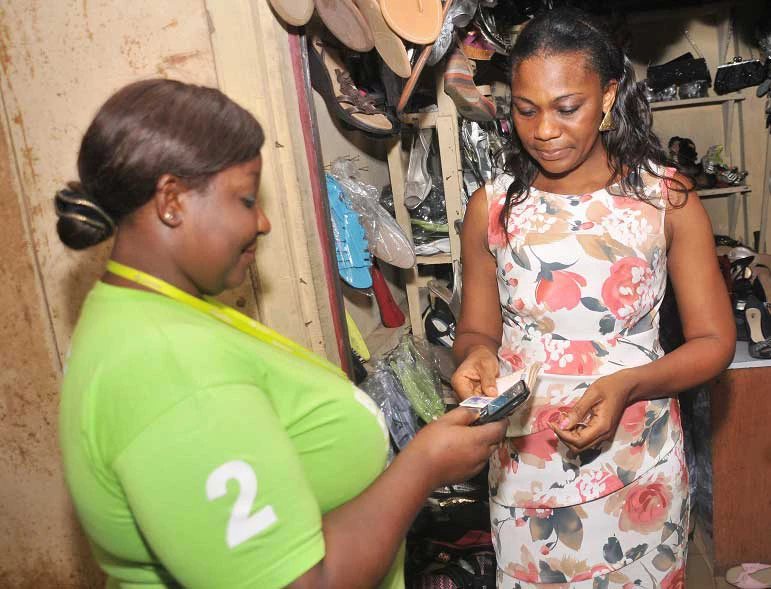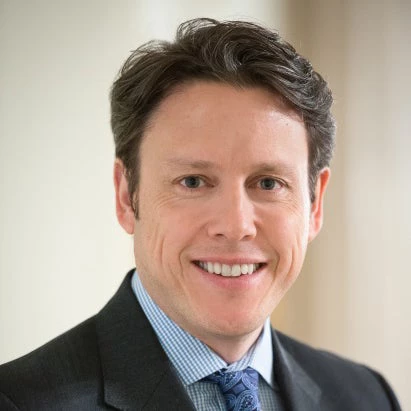Photo Credit: Women’s World Banking
Two years ago, Visa announced a commitment, alongside other organizations, to provide financial access to 500 million unbanked adults as part of the World Bank Group’s goal of achieving Universal Financial Access (UFA) by 2020. It’s widely reported that 2 billion people worldwide (38% of all adults) don’t have access to formal financial services —no bank or savings account, no formal way to store or send money, no basic financial tools to manage life or business or help to generate income.
There was no doubt in our minds that Visa had a role to play, given the reach of our payments network and the fact that facilitating the issuance of digital payment accounts is our core business. What was not as clear was how much our efforts would need to factor in changes to strategy in order to ensure the kind of accounts people are receiving hit their mark in terms of usage and provided a genuine pathway to full financial inclusion.
We do know however that against at least one measure, issuance, we have made great strides. From January 2015 to December 2016, 162 million people gained first time financial access via a Visa-branded payments account . Moreover, when we looked back to 2011, the date of the World Bank’s first global financial inclusion survey, that number increases three-fold.
However, these numbers, while an indicator of progress, seemed insufficient, especially as a proxy for financial inclusion. We knew we needed to dive deeper into these numbers to understand how many of the accounts were being used regularly and who was using them.
Further analysis showed that of the new Visa accounts issued, 56% went to women, 46% went to people in rural areas, and 47% went to the poorest 40% of households in their country. This analysis seemed a better indication of progress. Visa partners and clients had focused on vulnerable groups and there seems to have been some progress in reducing the gender gap.
That said, what did the numbers tell us about usage and the pathway to real inclusion? Here we needed to dive deeper into some of the actual use cases. One example, which continues to inspire is in Mexico, with our partners at Oxxo (a national convenience store chain) and Banamex, a Visa issuer. In 2012, Oxxo and Banamex launched the Saldazo Debit Card, which is issued within minutes of application in the store itself.
This program has had powerful benefits; one new cardholder, who previously had no access to formal financial services, is Adrian, a private driver who lives in a rural area outside of Mexico City.
Adrian was offered a Saldazo card when he stopped to buy a soft drink. Within a few minutes he received his card which he now uses to enjoy a range of services including savings, bill pay and sending money (to other cardholders). In Mexico, Saldazo is the first formal banking product for 42% of its users. To-date, more than five million cards have been issued at a rate of thousands per week (read CGAP’s blog and report.)
Adrian’s story reflects the fact that digital payments are often the first formal financial service that people use . In a variety of ways, including by building trust and confidence as well as critical digital infrastructure, digital payments can lead to sustained use of other formal services: a savings account, insurance and an affordable loan.
Today, Adrian automatically deposits his paycheck into his account and uses the card to purchase gas and food, pay bills, and transfer money to his wife, whom he encouraged to get a card so that when he is on the road he doesn’t have to worry about her having money available.
This use case is inspiring because it enables us to measure how individual lives are impacted through the issuance of an account but it also highlights what “success” needs to look like everywhere. However, this example of success is still far from the norm and will continue to be unless we consciously move away from measuring simple issuance and towards measuring usage. Digital account issuance is a necessary on-ramp to financial inclusion but it is insufficient to only measure this.
A stronger commitment to measuring usage would have other impacts as well. Notably, more investments behind small and micro merchant acceptance infrastructure as well as better training and capacity building programs for both consumers and merchants. In Egypt, Visa recently announced a partnership with the Federation of Chambers of Commerce to extend digital acceptance to more than 100,000 small merchants and with the Egyptian Post Office to extend small merchant acquiring via its local branches.
These initiatives will be essential in a country where there is a heavy focus on cash digitization (e.g. government payments) but where acceptance infrastructure is currently insufficient to prevent “cash out” behaviors and to drive users towards the take up of other services.
Around the world, we continue to see a huge need to drive small merchant acceptance in order to develop financial inclusion – as well as multiple opportunities to do so. Government payments is one such example. The digitization of distribution and supply chains (e.g. consumer goods companies) are another.
In short, the range of potential partnership to drive financial inclusion continues to grow and so must the investments . Much of this should be driven by the private sector and we also welcome a greater commitment from major institutions, like the World Bank Group itself, to enable and facilitate stronger private public partnerships. The Bank Group has made a great start in galvanizing the global community and setting a clear target of 2020 to achieve universal financial access and as a result, financial inclusion as a policy priority is now clearly on the global agenda .
Two billion people worldwide still lack access to formal and regulated financial services. In 2015, the Bank Group with private and public sector partners committed to promoting financial inclusion and achieving Universal Financial Access by 2020. We've invited our partners to reflect on why they've joined the UFA2020 initiative and how they're contributing toward this goal. This contribution comes from Visa.
World Bank Facebook Live with Stephen Kehoe, Head of Global Financial Inclusion at Visa:



Join the Conversation